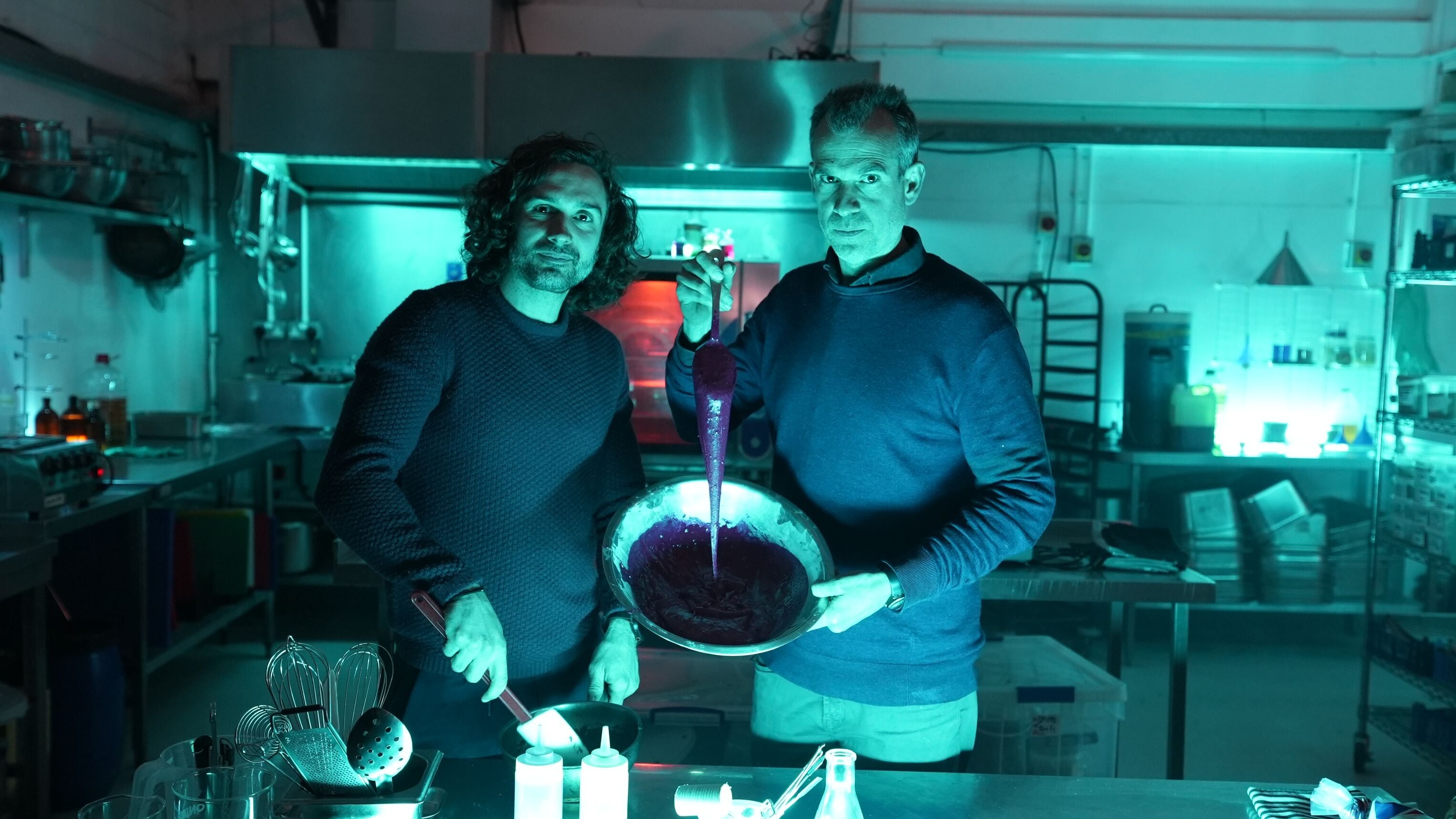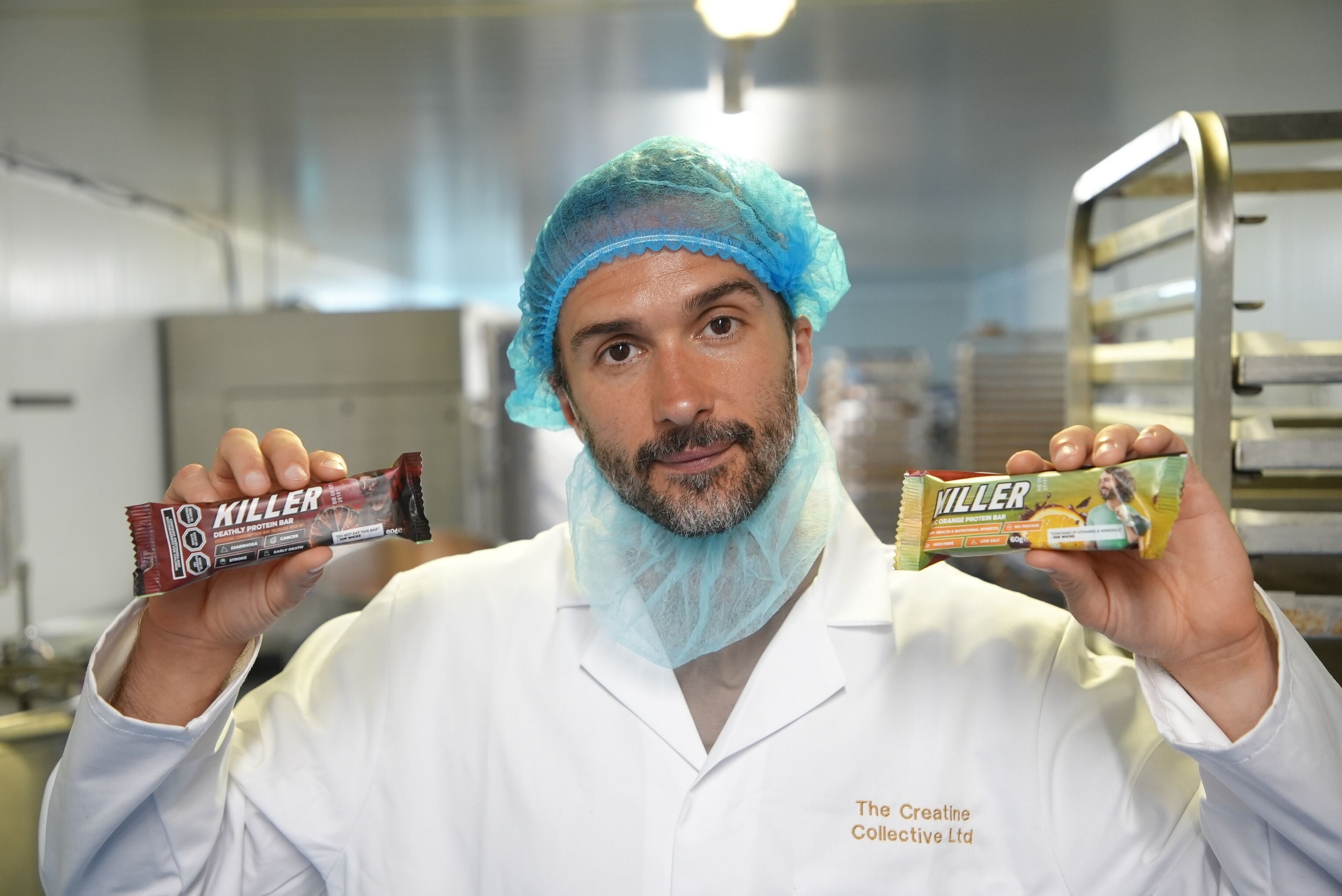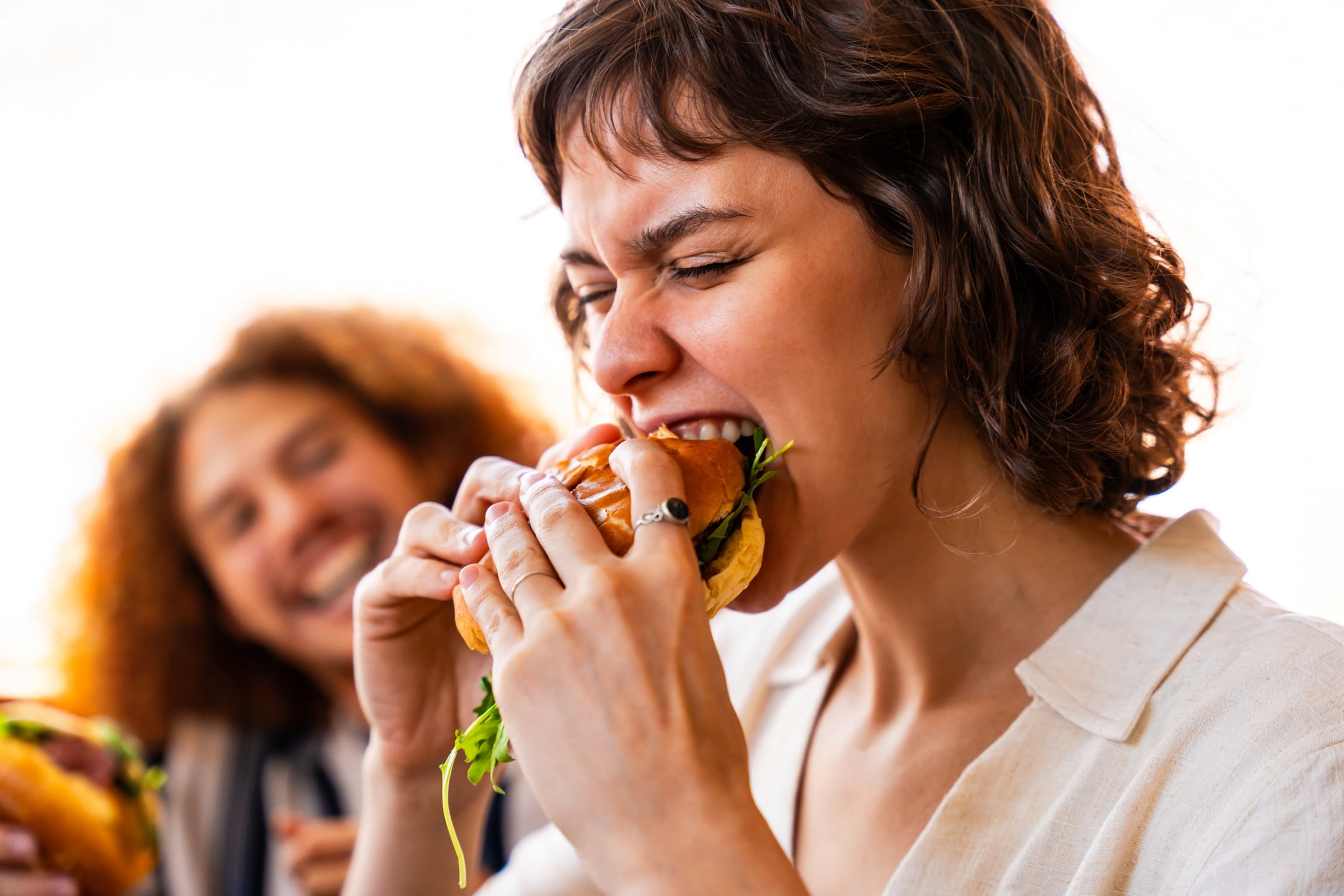I’ve had it with celebrities guilting consumers with wrong information about ultra-processed foods (UPF) and their potentially “killer” properties.
The latest is UK physical health superstar Joe Wicks, who gained widespread fame during the Covid pandemic lockdowns, and is now set to launch an attack on the food and drink manufacturing industry.
Wicks, along with UPF poster boy Chris van Tulleken, will take to the airwaves in a one-off Channel Four documentary, Joe Wicks: Licensed to Kill, airing at 8pm on October 6.
Credit where it’s due, the title’s a hoot. But that’s where my praise ends. As usual, UPF is wrongly targeted and conflated with junk foods. Specifically those high in fat, sugar and salt, such as crisps, sweets, biscuits and cakes.
But Wicks won’t target these products as the villains, though they often are when consumed excessively. Instead, he’s set to demonise foods that have gained health halos through social media influencers, specifically products containing added protein.
“Protein has become this thing that’s in everything,” Wicks writes in the UK’s Standard newspaper.
The ‘killer’ ingredients in protein bars

Many of these products containing added protein have also been dosed with chemicals, sweeteners, gums and emulsifiers, he states, like they are poisons used by assassins in Victorian novels.
“It’s basically all chemicals, just powders. There’s no food in it,” he says.
And to prove a point, Wicks is creating the “unhealthiest ultra-processed food” he can conjure. In the documentary, he’ll be making and marketing his Killer protein bar, packed with 96 legal ingredients, to “highlight how laughable the whole industry is”.
Consumers just don't get UPF
Exclusive research commissioned by FoodNavigator in association with Lumina Intelligence shows consumers don't know what UPFs are and negative rhetoric surrounding them is unhelpful.
Often, it's junk food that is the prime target and demonising UPFs can result in consumers missing out on valuable nutrition.
Find out what consumers really think about UPFs and how the industry can tackle the misinformation.
Wicks claims it’s easy for the industry to put really unhealthy ingredients into these bars and sell them as health foods. However, he’s so far only highlighted a list of ingredients that have been used in thousands of products on supermarket shelves for decades. These ingredients, repeatedly proven safe by trusted science, are not inherently dangerous and aren’t consumed in the exaggerated amounts he purports.
To play devil’s advocate, industry could do more to educate consumers on the actual health properties of their products and stop social influencers from celebrating them as, when it may be the case, healthy alternatives to things like chocolate bars.
And that is the issue that’s not being tackled by programmes like Wicks’. Most consumers aren’t literate in food nutrition, despite the mass of labelling systems on packaging. They just don’t get it, but that’s not their fault.
Supermarket aisles across the world are full of shoppers saying: “That’s low fat and that’s low sugar, so it’s healthy for me.” And that is not always the case.
Despite widespread debate, consumer understanding of UPFs remains muddled. According to Lumina Intelligence, only 35% of UK shoppers agree UPFs can be healthy if done well and just 27% see them as part of a balanced diet, while over a third are unsure or neutral.
This confusion underscores the need for nuance in the UPF conversation, as 40% simply associate UPFs with being “bad for your health”, which isn’t always accurate. In reality, UPFs can play a positive role: 76% of UK consumers buy foods with added benefits, such as protein, vitamins, or minerals – products that are often processed but meet genuine nutritional needs.
What is the UPF solution?
This is where the problem lies and where manufacturers and people like Wicks must do more to help consumers better understand what they’re eating.
Demonising ingredients as “nasty” or “dangerous” UPFs isn’t the solution or it would have worked by now and stopped the overconsumption of junk foods.
Wicks says he doesn’t want to ban the products he’s set to vilify in his documentary. But his slapstick marketing of the show makes it pretty clear he believes the sector is a killer. If it really is, then why joke about it?

He rightly points out the UK – and many other countries – is in the midst of an obesity epidemic. But then he wrongly states the food industry is hiding the health and nutritional properties of its products behind marketing.
In the UK, Europe and much of the world, ingredients, nutritional values and often traffic light labels make it impossible to hide the truth.
While there are many safe and nutritionally balanced UPFs, some do contribute to poor health outcomes when consumed excessively – especially those high in fat, sugar and salt. The food industry must also take responsibility for how products are marketed and perceived. Health halos created by influencer partnerships and vague claims can mislead even well-intentioned consumers.
There is no question, the food and drink sector must be more accountable for its role in the growing obesity crisis, including increasing education around its products and their impacts. However, there are no winners in campaigns created to demonise whole industries and food types. The key is better consumer education.
Wicks’ argument isn’t about ultra-processed food, it is about junk food. But more specifically, junk foods that hide behind a health halo. And that’s something many in the industry would like to see stamped out.





